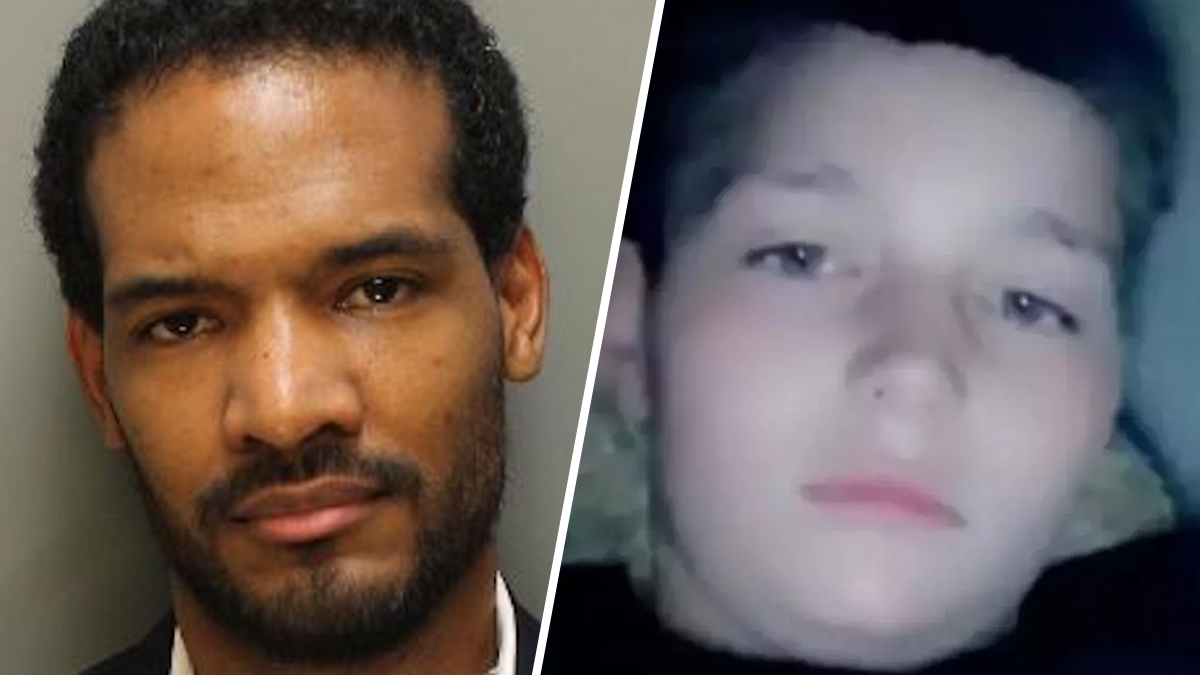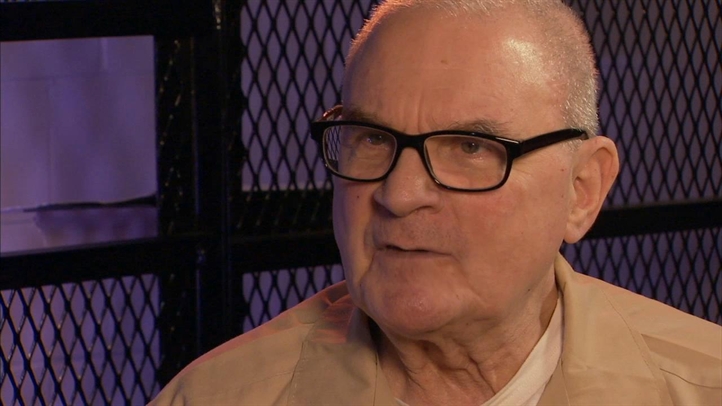There is no agreement in Philadelphia between officials and a company trying to make hailing a ride as easy as a few taps of a smart phone.
The arrival of SideCar -- an app-based ridesharing program where people in need of a ride pay average Joes to take them in their regular cars -- was marked with impounds and fines by the Philadelphia Parking Authority, the agency in charge of licensing taxis in Philadelphia.
“The bottom line is that they are in violation of the law… there are rules and regulations,” PPA spokesman Martin O’Rourke told NBC10.com.
The crackdown prompted SideCar to ask Philly to "give sharing a chance."
But that chance might not come should SideCar, which only debuted in the city three weeks ago, tries charging for rides again.
SideCar, which currently supplies rides form 5 p.m. to 3 a.m. on Friday and Saturday nights, serves as a portal between drivers and people looking for a ride -- taking a percentage of the cost of the ride while the driver gets the rest.
Similar to taxis, anyone can get a ride but unlike cabs, a rider must pre-register his or her credit card and the driver must supply photos and a car description before picking up the rider. And, the drivers use their personal unmarked four-door cars.
Local
Breaking news and the stories that matter to your neighborhood.
“This battle is as old as competition itself and I think Philadelphia as a community, like America, believes in innovation and certainly competition,” SideCar Technologies, Inc. CEO Sunil Paul said.
The PPA says the technology has nothing to do with it and this is all about rules and regulations.
“This is a company that’s using technology but they are providing illegal cab service in the city of Philadelphia,” O’Rourke said.
Currently SideCar, which despite its base in California is registered as an LLC in Delaware, is operating without government oversight and that led to the service’s drivers being targeted in just its second weekend of operation. Three cars were impounded, each of those drivers was given a $1,000 fine for operating an illegal taxi and the company also got hit with $3,000 in fines, according to the PPA.
NBC10.com spoke to SideCar's founder Paul via phone from the company’s Bay Area offices.
“We’re disappointed… I can’t say we were 100 percent surprised after all we’ve seen similar kinds of behavior by regulators in other locations… We were surprised it happened so aggressively.
The PPA has a financial interest in protecting the city’s taxi companies and, most importantly according to the agency, the safety of cab riders.
“This whole issue is about public safety: making sure the car is safe; making sure that the car is insured; making sure the driver is trained; that the driver has a valid driver’s license; that there’s a criminal background done on the driver,” O’Rourke said. “These are all safeguards for the public safety that SideCar does not perform. Who knows whether their cars are inspected? Who knows whether the driver even has a valid driver’s license?”
But Paul says that SideCar takes measures to ensure the safety and comfort not just of the riders but their drivers, which can receive up to $22 an hour for offering rides.
“Every driver has to go through a background check, they do an interview, we keep copies of their driver’s license, insurance and registration,” Paul said. “Every trip is tracked by GPS and you can share that information as a passenger with someone else.
“Safety is our top priority.”
Paul says they create a safe ride by using no cash, turning to credit only. And, the electronic record of the trip along with the $1 million guarantee should something go wrong adds extra layers of security.
“The expectation is that this is a peer-to-peer system, that this is like getting a ride from a friend,” Paul said. He added that the service also lets people socialize and have fun.
For all SideCar’s assurances, Paul says he himself offers rides in California, they are missing a critical item needed to charge for rides in Philly.
“In order to drive a cab in the city of Philadelphia the cab owner must have a medallion -- they must have a certificate to supply cab service,” O’Rourke said.
Philly isn’t the first city where SideCar has faced challenges. The company faced legal hurdles in Los Angeles and San Francisco and is currently in a big fight to keep running in Austin, Texas – a battle SideCar references on its blog.
Paul says his company is connecting people in new ways and ways that are protected under a federal law protecting folks who gather online.
“Over time after they understand it there’s a realization that this really is a new medium -- that smart phones and cooperation among individuals (will make) … ridesharing super convenient.
“The concerns that have been raised by regulators were from complaints not by the public but by complaints from people whose business models are threatened,” Paul said.
The PPA took over cab oversight from the Pennsylvania Public Utility Commission in Philly less than a decade ago with the task of cleaning up and improving the image of city cabs, O’Rourke said.
“When you come to Philadelphia and you get in a cab that cab should be clean it should be safe, the driver should be trained,” O’Rourke said.
Currently the PPA utilizes about 15 inspectors to monitor the 1,600 or so cabs on the streets of Philly. O'Rourke says each vehicle must have a medallion, which can sell for up to $400,000 on the open market and must pay an annual fee of $1,250 that covers the costs of regulation.
A spokesperson for the PUC -- the agency in charge of cabs everywhere in the state but Philly -- says that they haven't received any complaints against ridesharing services including SideCar.
But with threats of more fines, ridesharing, for now, remains free in Philly and that is keeping SideCar running. That decision came after a meeting between the two sides on Friday but unlike some reports, the PPA said no agreement was made during those meetings.
“When SideCar made the decision to provide free rides they no longer were providing a taxi service where compensation was involved,” O’Rourke said.
“Until we get more clarity we felt that it was a good move,” Paul said. “And it turned out to be a good business move – more people were getting to use the product.
“It’s fun, safe and sustainable.”
Paul says he expects free rides -- and fun -- to return this weekend and that the company plans to grow its base in Philadelphia in hopes of one day going to the pay model.
“Civic leaders and government officials need to be supportive of innovation and not just focus on defending the old business models.”
Should SideCar start charging for rides again, the PPA says they will be ready.
“The PPA will continue to monitor, they continue to basically keep this as an active examination of SideCar to determine whether they are charging," O'Rourke said. "And if they start charging then their cars will be impounded and fines will be levied both against the driver as well as the company.”



